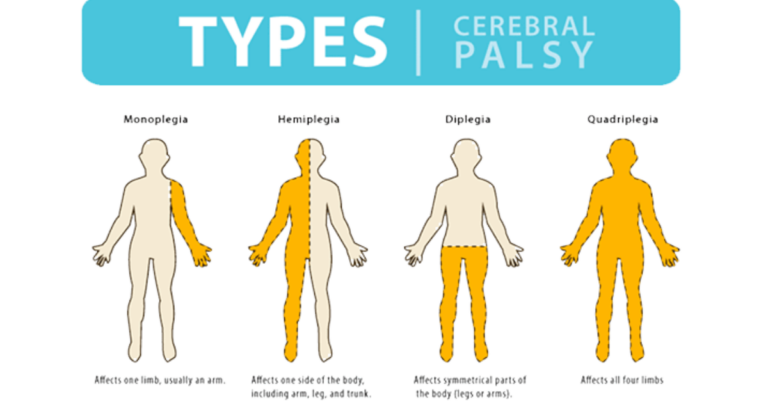Exploring the Role of Genetics in Precision Medicine
Genetic testing plays a pivotal role in the realm of precision medicine, offering invaluable insights into an individual’s genetic makeup. By examining an individual’s DNA, healthcare providers can determine the predisposition to certain diseases or conditions, enabling personalized treatment plans tailored to the specific genetic profile of the patient. This targeted approach allows for more effective and efficient medical interventions, ultimately leading to better health outcomes for patients.
The advent of genetic testing has revolutionized the field of medicine by shifting the focus from a one-size-fits-all approach to a more personalized and precise form of healthcare. As technology continues to advance, genetic testing is becoming more accessible and affordable, making it a valuable tool in guiding medical decisions. By harnessing the power of genetic information, healthcare professionals can offer individualized treatments that take into account the unique genetic variations of each patient, paving the way for a new era of personalized medicine.
Understanding the Human Genome
The human genome is a vast and complex blueprint that holds the key to understanding various aspects of human health and disease. Comprising roughly 3 billion base pairs of DNA that make up our genetic code, this intricate genetic material dictates our physical traits and biological processes. Scientists have made significant advancements in deciphering the human genome, shedding light on how different genes influence our susceptibility to certain illnesses and how they respond to various treatments.
By mapping the human genome, researchers have opened doors to personalized medicine through the field of precision medicine. This innovative approach considers an individual’s genetic makeup, lifestyle, and environment to tailor medical treatments and interventions. By understanding how certain genetic variations can impact drug responses and disease progression, healthcare providers can deliver more effective and personalized care to patients.
What is genetic testing?
Genetic testing is a type of medical test that identifies changes in chromosomes, genes, or proteins. It can be used to confirm or rule out a suspected genetic condition, provide information about a person’s likelihood of developing or passing on a genetic disorder, or guide treatment decisions.
How does genetic testing contribute to precision medicine?
Genetic testing plays a crucial role in precision medicine by providing personalized information about an individual’s genetic makeup. This information can help healthcare providers tailor treatments to the specific genetic characteristics of each patient, leading to more effective and targeted therapies.
What are the benefits of understanding the human genome?
Understanding the human genome opens up new possibilities for personalized medicine, disease prevention, and improved patient outcomes. It can help identify genetic risk factors for certain diseases, guide treatment decisions, and even prevent certain conditions from developing in the first place.
How does genetic testing impact healthcare decisions?
Genetic testing results can influence healthcare decisions by providing valuable information about an individual’s genetic predispositions to certain diseases or conditions. This information can help healthcare providers develop personalized treatment plans, recommend preventive measures, and even suggest lifestyle changes to improve overall health.
Are there any risks or limitations associated with genetic testing?
While genetic testing can provide valuable insights into an individual’s health, there are some risks and limitations to consider. These may include the potential for inaccurate results, privacy concerns related to genetic data, and emotional implications of learning about genetic predispositions to certain diseases. It is important to discuss these factors with a healthcare provider before undergoing genetic testing.







